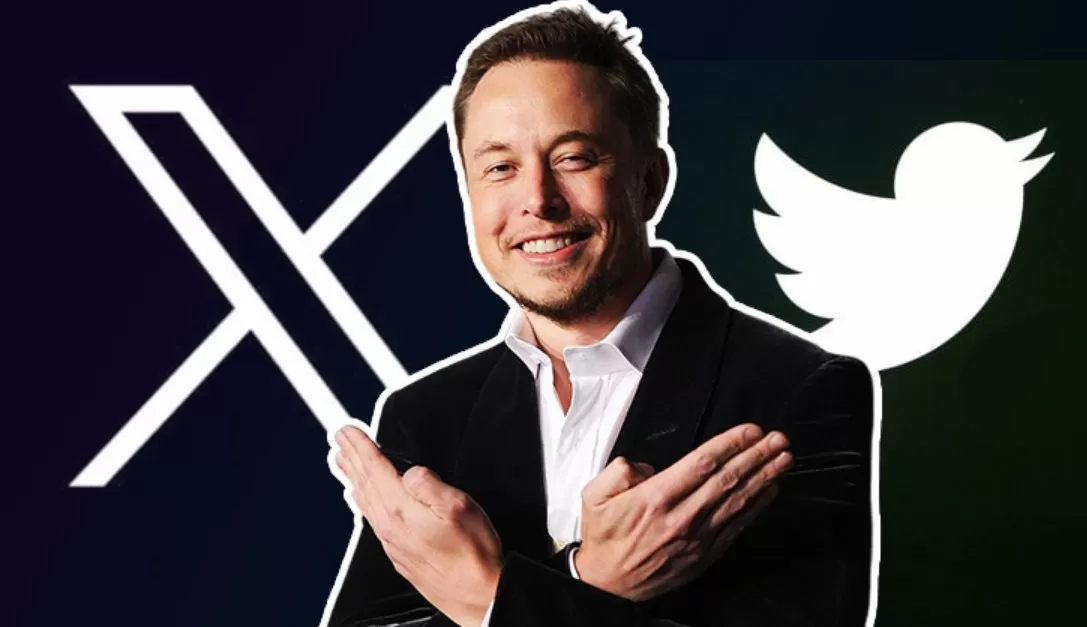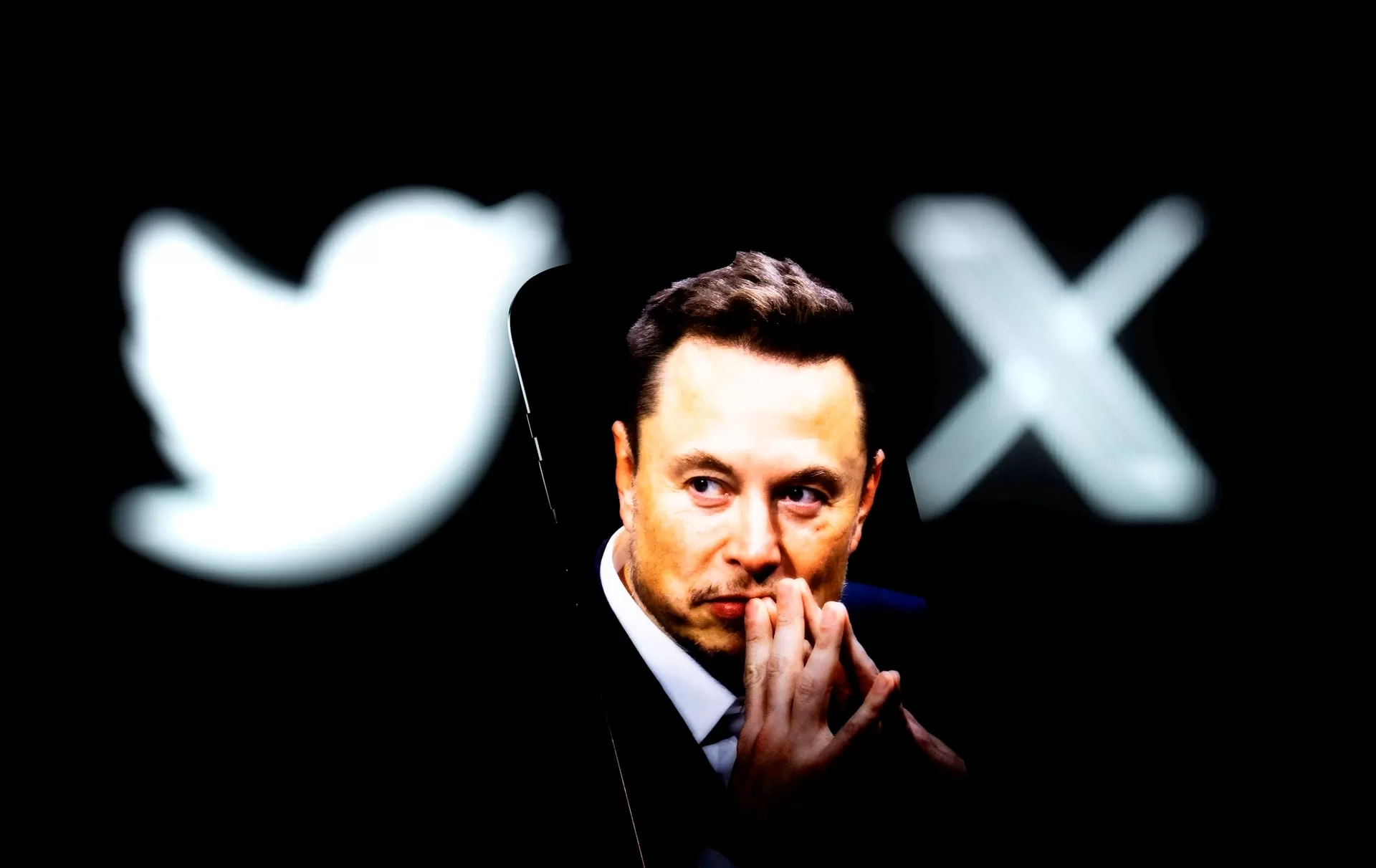 In the ever-evolving world of social media, no platform has sparked more debate and controversy than Elon Musk’s revamped social media giant, X (formerly Twitter). After Musk’s acquisition of Twitter in 2022, the platform underwent significant changes, including a rebranding to “X,” which promised to reshape the digital landscape. However, recent developments and shifts in user sentiment have led to what some are calling a “social media Xodus,” as many long-time users are bidding farewell to the platform. This marks a critical moment in the ongoing evolution of digital communication and online interaction.
In the ever-evolving world of social media, no platform has sparked more debate and controversy than Elon Musk’s revamped social media giant, X (formerly Twitter). After Musk’s acquisition of Twitter in 2022, the platform underwent significant changes, including a rebranding to “X,” which promised to reshape the digital landscape. However, recent developments and shifts in user sentiment have led to what some are calling a “social media Xodus,” as many long-time users are bidding farewell to the platform. This marks a critical moment in the ongoing evolution of digital communication and online interaction.
The Beginning of “X”
When Elon Musk purchased Twitter for $44 billion, the tech mogul made clear his vision of transforming the platform into a free speech haven and a multifaceted global utility. Musk outlined plans to expand beyond traditional microblogging, introducing features like integrated financial services, multimedia content, and more. The rebranding to “X” was presented as the first step in Musk’s quest to turn the platform into a more innovative, expansive digital space. This vision, however, has not been without its controversies.

While some users embraced the changes, others have found themselves increasingly disillusioned with the platform’s evolving identity. Under Musk’s leadership, there have been significant shifts in content moderation policies, leading to complaints about misinformation, harassment, and an overall decline in platform quality. These changes, coupled with the removal of long-standing features, such as the blue checkmarks, and a shift in the platform’s algorithms, have contributed to growing frustration among users.
The Rise of “Xodus”
The term “Xodus,” coined by users, has come to symbolize the exodus of many loyal Twitter users who are choosing to leave the platform due to these shifts. Several high-profile figures have publicly declared their departure from the platform, citing dissatisfaction with the changes under Musk’s rule. Users, both casual and professional, have expressed concerns about the loss of community, the proliferation of hate speech, and the increased difficulty in navigating the platform.

As “X” adopts more features that resemble those of other social media apps, such as Instagram and TikTok, it’s evident that Musk’s vision for the platform is diverging from what made Twitter a unique space. The focus has shifted from fostering concise, meaningful conversation to prioritizing engagement-driven, algorithmic content, leaving many to wonder if the changes have diluted the essence of what Twitter originally stood for.
The Impact on Users
For many users, Twitter was more than just a platform—it was a space for news, activism, and connecting with others in real-time. For activists, journalists, and everyday users, Twitter was once seen as a digital town square, where important conversations about politics, society, and culture unfolded. The “Xodus” now represents a departure from that ideal.

The platform’s rebranding and changes in policy have led to a feeling of alienation among these groups. Former users of the platform are now flocking to alternative platforms such as Mastodon, Threads, and Bluesky—each offering a more familiar and user-friendly experience, with an emphasis on community-building, user control, and a commitment to free speech without the chaotic noise of misinformation.
The Future of X
So, what does the future hold for X (formerly Twitter)? As users continue to flock to competing platforms, the success of Musk’s reimagined social media experiment is still up for debate. The challenge will be to balance Musk’s vision for a more expansive platform with the desire for a space where users can freely express ideas without overwhelming noise, toxicity, or confusion.
In the meantime, the “Xodus” serves as a reminder that social media platforms are constantly evolving, but with change comes the possibility of losing touch with the very audience that helped them rise to prominence in the first place. Whether X can recover from the departure of its core user base and redefine its identity remains to be seen. Until then, users will continue to seek spaces that align with their values—whether that’s on the emerging alternatives or perhaps even a future iteration of the platform itself.
In this era of constant digital change, one thing remains certain: the relationship between users and platforms is ever-shifting, and as Musk’s X faces this new era, the question remains: Will it succeed, or will the “Xodus” continue?





